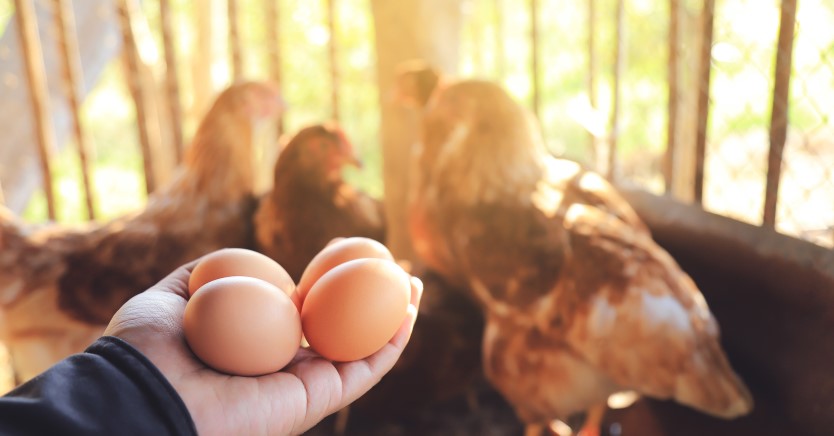Ask Dr. Jenn: What is the Bird Flu? Should I Be Worried?
The news keeps reporting stories of rising egg costs due to The Bird Flu. What can you tell me about it?

The bird flu, or Avian Influenza, has been circulating among wild and domesticated birds for almost one hundred and fifty years. The virus is harbored in wild birds, especially ducks, who are asymptomatic carriers. Like other influenza viruses, it mutates rapidly creating many different strains. Some strains only cause mild upper respiratory signs. Others are much more severe, causing high rates of mortality in the flock.
The current avian influenza outbreak that began in 2020 is the deadliest thus far and has affected flocks throughout North America, South America, and Europe. This current strain, H5N1, is especially virulent in poultry, with over 90% of infected chickens dying within 3-4 days.
The virus is shed in the feces and oral and nasal secretions. A flock may become infected through contact with the feces of wild birds. However, indirect transmission is more common, through contaminated feed or carried into the flock on equipment and clothing of people working with the birds.
So how is all of this affecting egg prices? Poultry flocks throughout the US and the world are dying from the bird flu, or are being culled to stop the spread, so there are less hens laying eggs. Chickens that have a less virulent strain of the flu may not be clinically sick, but they are laying less eggs. The eggs they do lay may be of poorer quality, with thinner shells or abnormal yolks. Transporting eggs is harder and takes longer because of the risk of spreading the avian flu through contaminated equipment.
Backyard chickens have become more common in recent years and can be a great source of eggs within your community. But it is important to protect these backyard flocks from avian influenza. Keep your flock away from wild animals, especially waterfowl. Quarantine any new birds away from flock until you are sure they are disease-free. Immediately isolate any sick birds and contact your veterinarian. Limit the number of people who have contact with your flock and practice good biosecurity. You may want to wear a protective gown and gloves when handling your birds, especially if you have had contact with another flock. A foot bath at the entrance to the coop will help remove organic debris that may carry the virus. Wash your hands before and after handling the birds.
Unfortunately, the bird flu is not limited to just birds. The virus has been found in dairy cattle, leading to decreased milk production, a change in the appearance of the milk, and generalized signs of illness such as loss of appetite and fever. Domestic cats are also contracting the bird flu through contact with wild birds and their droppings. There have been a few cases of humans becoming sick with avian influenza, but thus far there has not been any human-to-human spread.
As of right now, there is no treatment or cure for avian influenza. Vaccines are being developed, but it is not sure how effective they will be in preventing the virus.
As you are reading this, please know that the avian influenza epidemic is evolving and changing. The information I provided today (April 2025) may not be accurate in the future. To get the most up-to-date information on avian influenza, visit reputable websites such as the CDC and USDA.
Ready to start saving money on pet wellness care?
Then take a look at Mint Wellness, the pet wellness plan that provides fast reimbursement on routine pet care. Save on vaccinations, wellness exams, preventatives, dental, and more!
Learn More